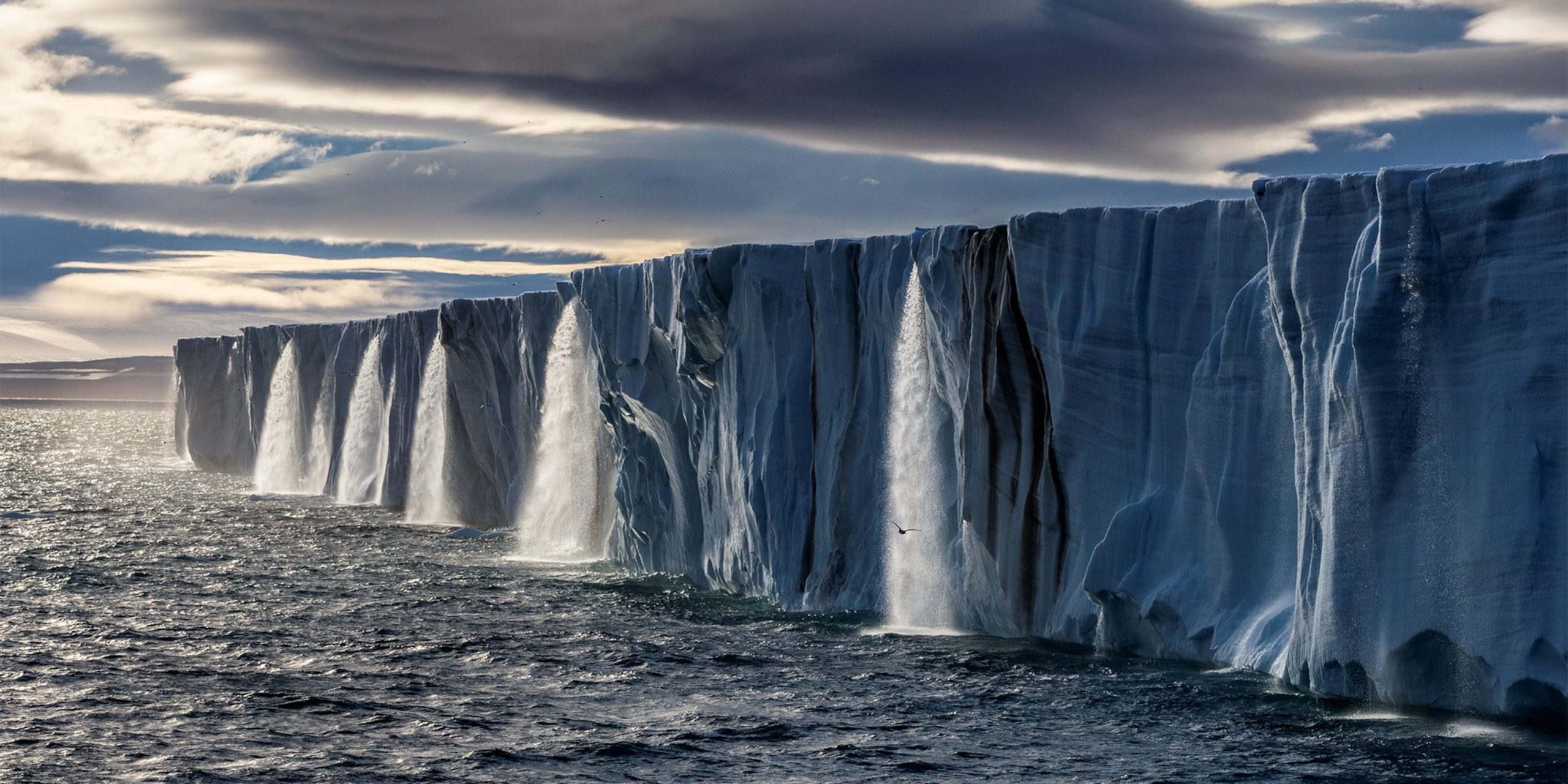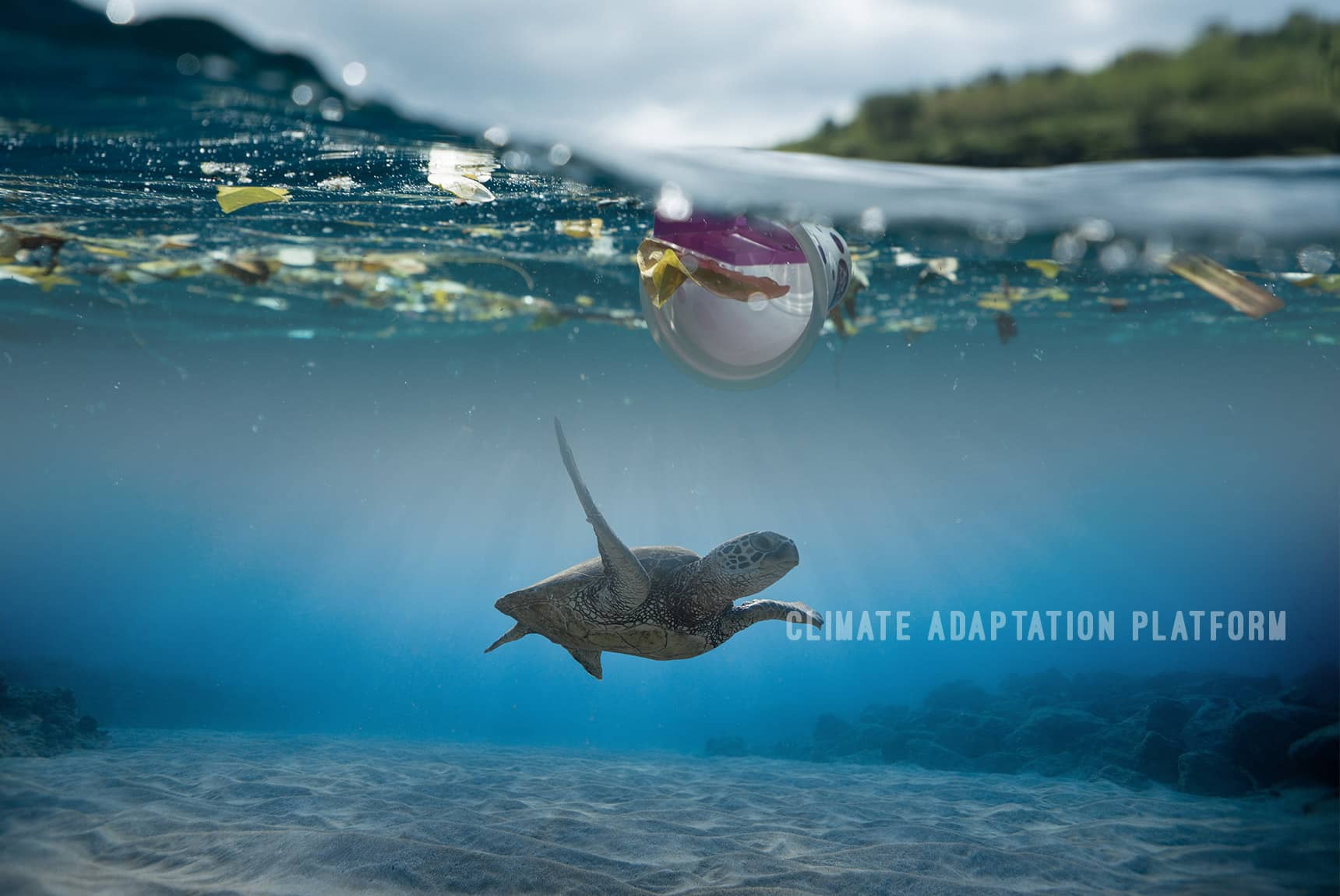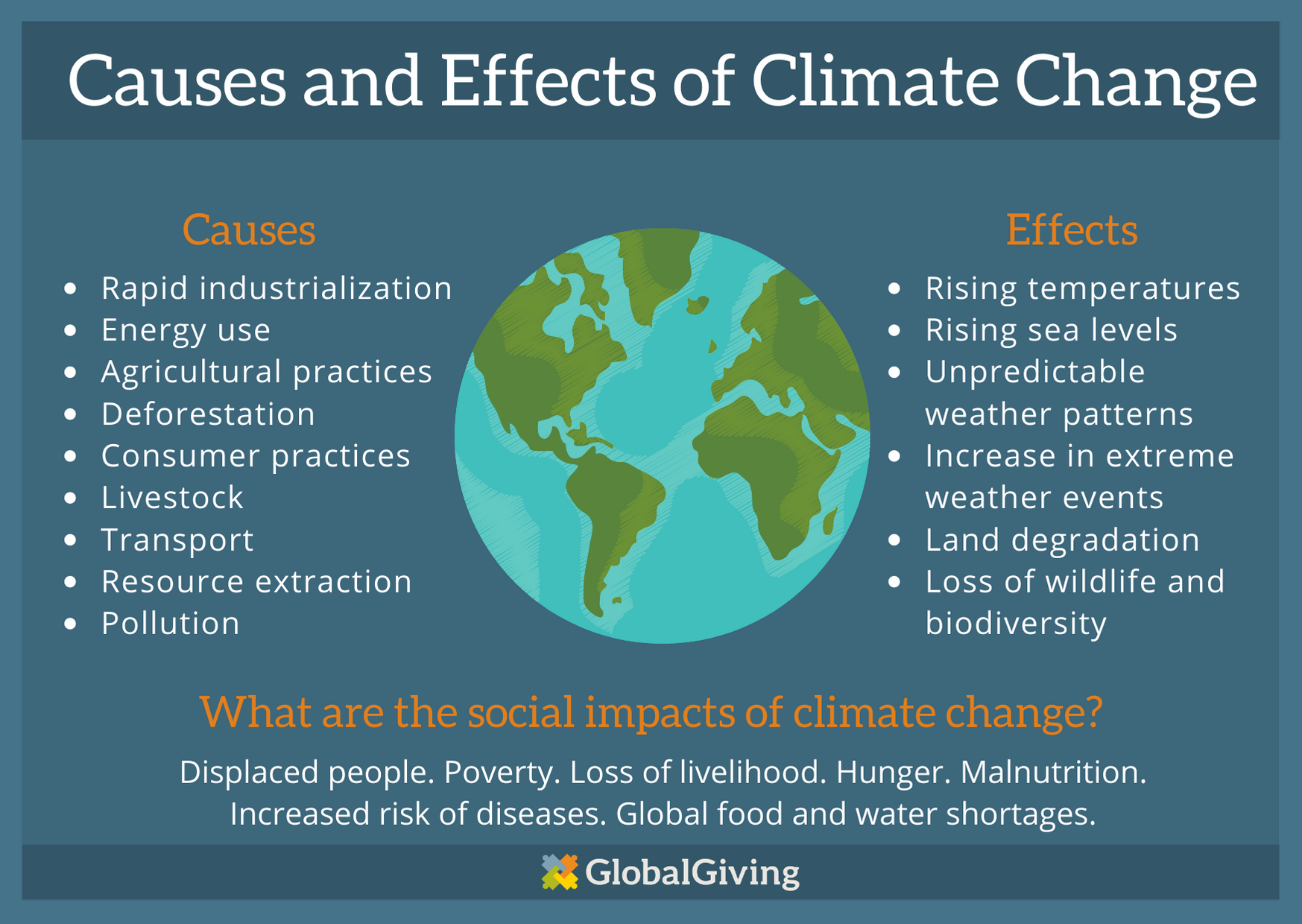The world is changing, and not for the better. We’re seeing unprecedented shifts in our climate, with temperatures rising and weather patterns becoming more erratic. One of the most visually striking and alarming manifestations of climate change is the rapid melting of ice caps and glaciers. These frozen giants, which have shaped our planet for millennia, are now retreating at an alarming rate, and the implications for the Earth are profound.
The Fragile Polar Ice Caps
The polar ice caps, located at the North and South Poles, are like Earth’s air conditioners. They help regulate the planet’s temperature by reflecting sunlight back into space. However, due to rising global temperatures, these icy expanses are shrinking rapidly. The consequences of this shrinkage are manifold.
Rising Sea Levels: Perhaps the most immediate and tangible impact of melting polar ice caps is the rise in sea levels. As these ice caps melt, they contribute to the swelling of our oceans. Coastal communities worldwide are already experiencing the effects, with more frequent and severe coastal flooding.
Ocean Circulation Patterns: The melting ice caps disrupt ocean circulation patterns, which can have a profound effect on climate. Changes in ocean currents can lead to altered weather patterns, affecting everything from agriculture to extreme weather events.
Loss of Habitat: Polar regions are home to a wide range of unique and adapted species, from polar bears to penguins. As their icy habitats vanish, these creatures are forced to adapt or face extinction.
Glaciers: Earth’s Water Reservoirs
Glaciers are not confined to polar regions; they exist in mountain ranges all over the world. These massive bodies of ice store a significant portion of the Earth’s freshwater. As they melt, they release this water into rivers and streams, with far-reaching consequences.
Water Scarcity: Glacial meltwater is a critical source of freshwater for millions of people worldwide. Its loss can exacerbate water scarcity issues in regions already struggling to meet their water needs.
Agricultural Impact: Many agricultural regions depend on glacier-fed rivers for irrigation. Reduced glacier melt can lead to lower agricultural productivity and food shortages.
Rising Temperatures: Glaciers help regulate local temperatures by reflecting sunlight. Their disappearance can result in higher local temperatures, leading to heatwaves and further accelerating glacier melt.
The Domino Effect
The melting of ice caps and glaciers isn’t an isolated phenomenon; it’s part of a larger chain reaction. As these frozen reservoirs disappear, they contribute to the overall warming of the planet. This, in turn, leads to more frequent and severe heatwaves, droughts, and extreme weather events.
What Can We Do?
Addressing the melting of ice caps and glaciers requires a concerted global effort to combat climate change. Here are some steps we can take:
Reduce Greenhouse Gas Emissions: The primary driver of climate change is the release of greenhouse gases into the atmosphere. Transitioning to clean energy sources and reducing emissions is essential.
Protect and Preserve: Establishing protected areas and conservation efforts in polar regions and glacier-covered mountain ranges can help preserve these vital ecosystems.
Adaptation: Communities in vulnerable regions must adapt to the changing climate by developing resilient infrastructure and sustainable water management practices.
Awareness and Education: Educating the public about the importance of ice caps and glaciers in regulating the climate can inspire action and support for climate policies.
Conclusion
The melting ice caps and glaciers are not just indicators of a warming planet; they are active contributors to the problem. Their consequences extend far beyond the polar regions and mountainous areas where they are found. It’s crucial that we recognize the urgency of the situation and take immediate steps to mitigate climate change. Our planet’s future, and the future of generations to come, depends on it.






